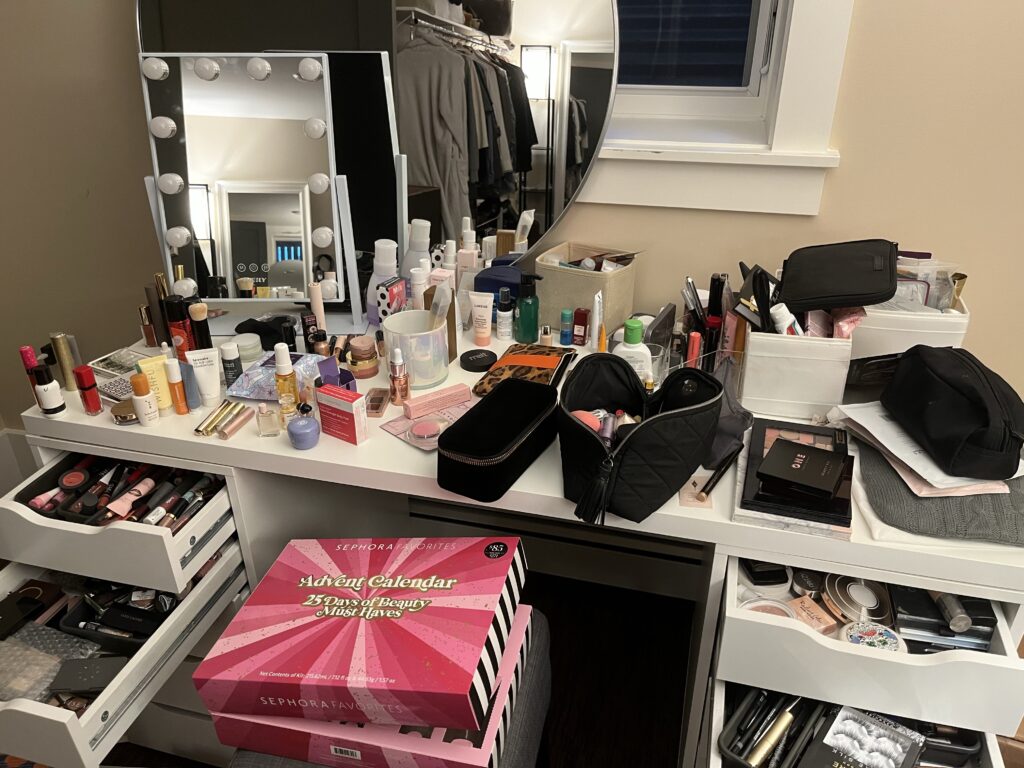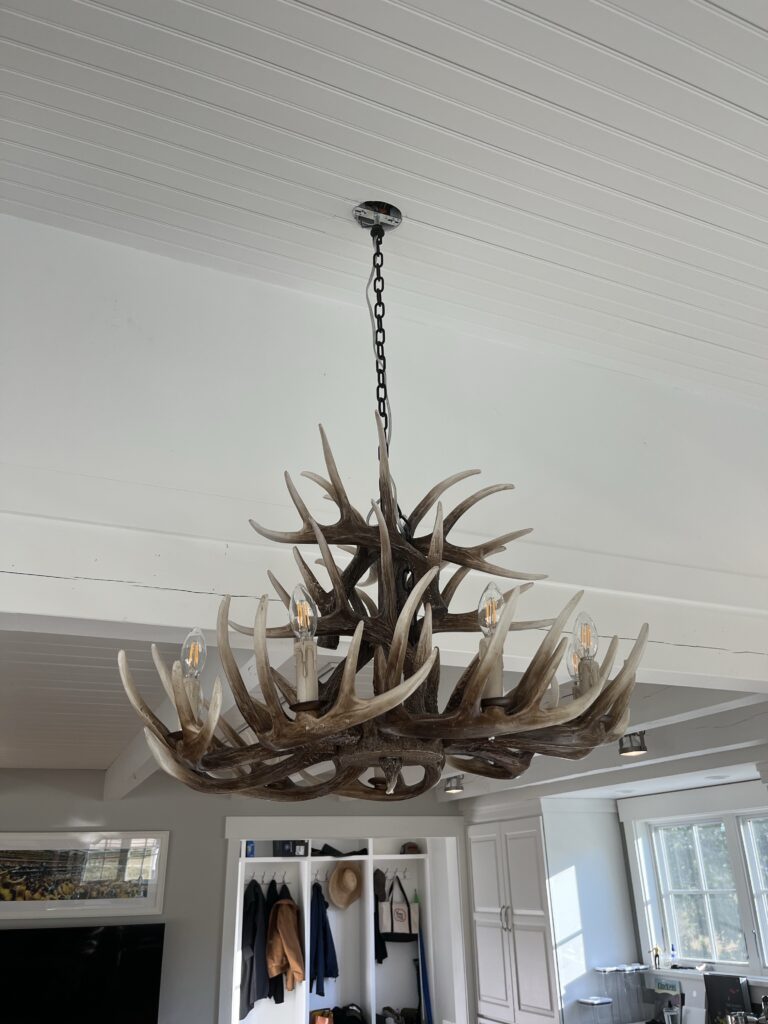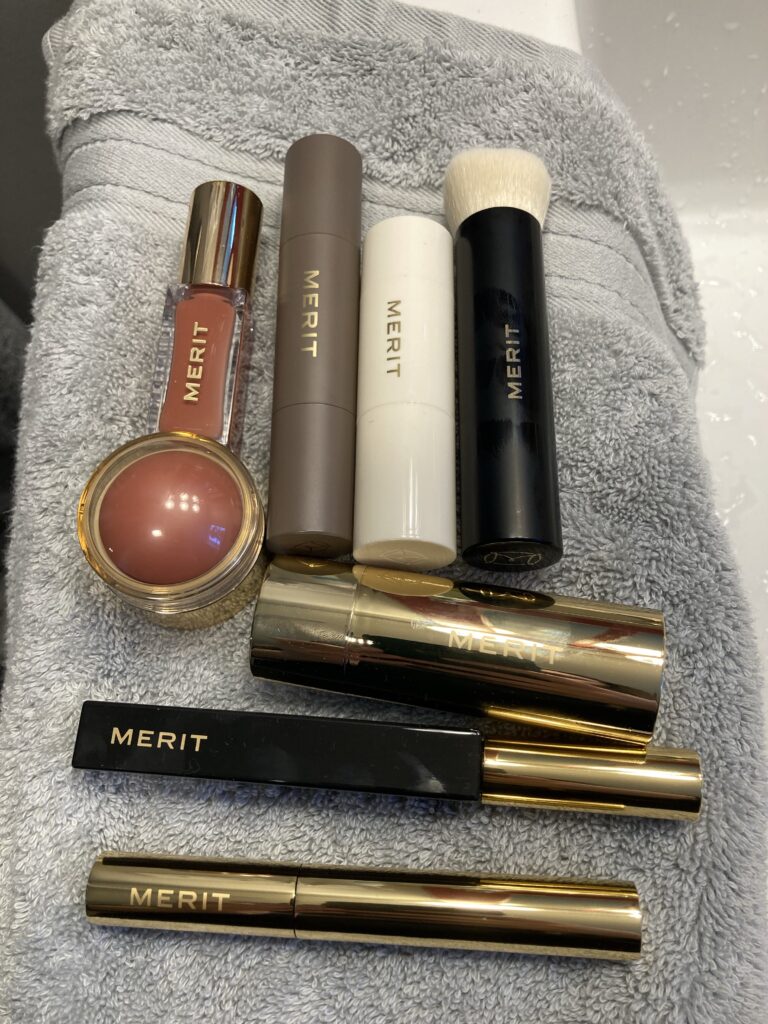I spent the first decade and a half of my career as a founder. I am very good at certain parts of the job like creating momentum and getting attention. I am less competent at operations and logistics management. Fortunately I’ve always had incredible teams who managed me.
That’s right, I said teams who managed me. One of the dirtiest secrets my husband kept from me is exactly how experienced operators like him manage high octane founders like me.
“ We don’t take an action until the third time an ask is made.”
Alex Miller
Alex has had to manage some of the quirkiest personalities in startup land so he didn’t just develop this strategy with me. He has been using this three asks technique for a while.
Initially I was extremely insulted when he revealed this was standard operating procedure for dealing with founders. How dare he not do what I request. I did a little ego protection. But then I realized he was right. Founders have to be managed carefully.
Momentum machines without any friction can quickly spiral out. Knowing exactly how and when to apply friction is the real trick. Too much and nothing will get built, but too little and your team can’t get a grasp on where to focus.
Many founders are extremely charismatic people. Their entire job is to get you excited about doing the impossible. And because sometimes we discover that the impossible is indeed possible we often wrongly assume if someone tells us “no” we’ve absolutely got to prove them wrong. We are always trying to generate momentum towards what excites us most.
Alex wisely doesn’t ever tell founders no. He actually encourages you to figure out if you really want what you asked for through his three asks technique. He gathers information. He asks what you are really trying to accomplish. He asks about specifics and technicalities and details. He gently coaxes out the underlying reason for an ask. He gathers information better than anyone I’ve ever known.
And what really drives me nuts is that this system works. If through the process of information gathering the founder continues to insist that something should be done Alex will organize all the details he has gathered in diligence. He will present the information and wait for the founder to ask a third time. If that third asks comes, only then with all the information will he organize the executive team together decides to proceed and make sure the founder is ready to accept the plan.
The genius in this method is that founders have an excellent gut sense for direction and momentum. But because it isn’t our jobs to actually make it happen we can often be total idiots about the resources required and the hidden land mines. By managing both the founders desire for an outcome with the realistic needs of the business, you almost always avoid pursuing the bad ideas.
If you work at a startup, especially directly with a founder, I’d strongly advise implementing the three asks method. You won’t go on nearly as many wild goose chases but so long as it’s done with empathy and tact you will still benefit from your founder’s natural momentum.



